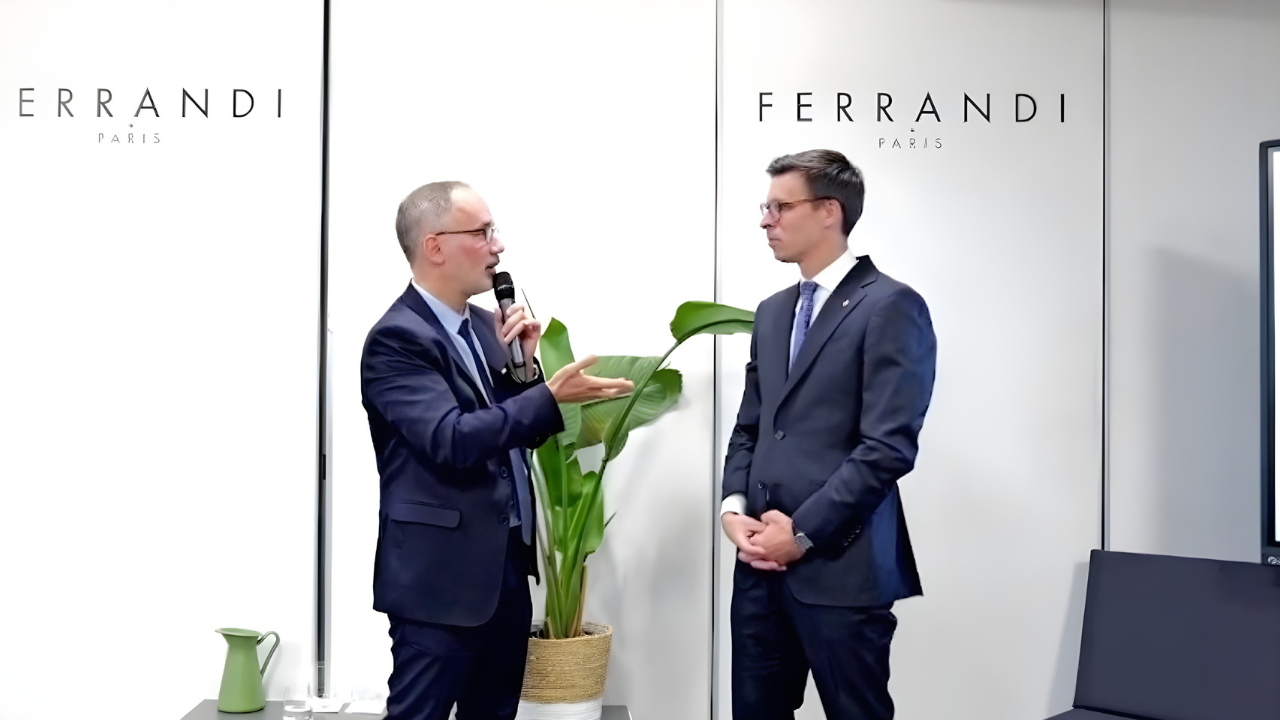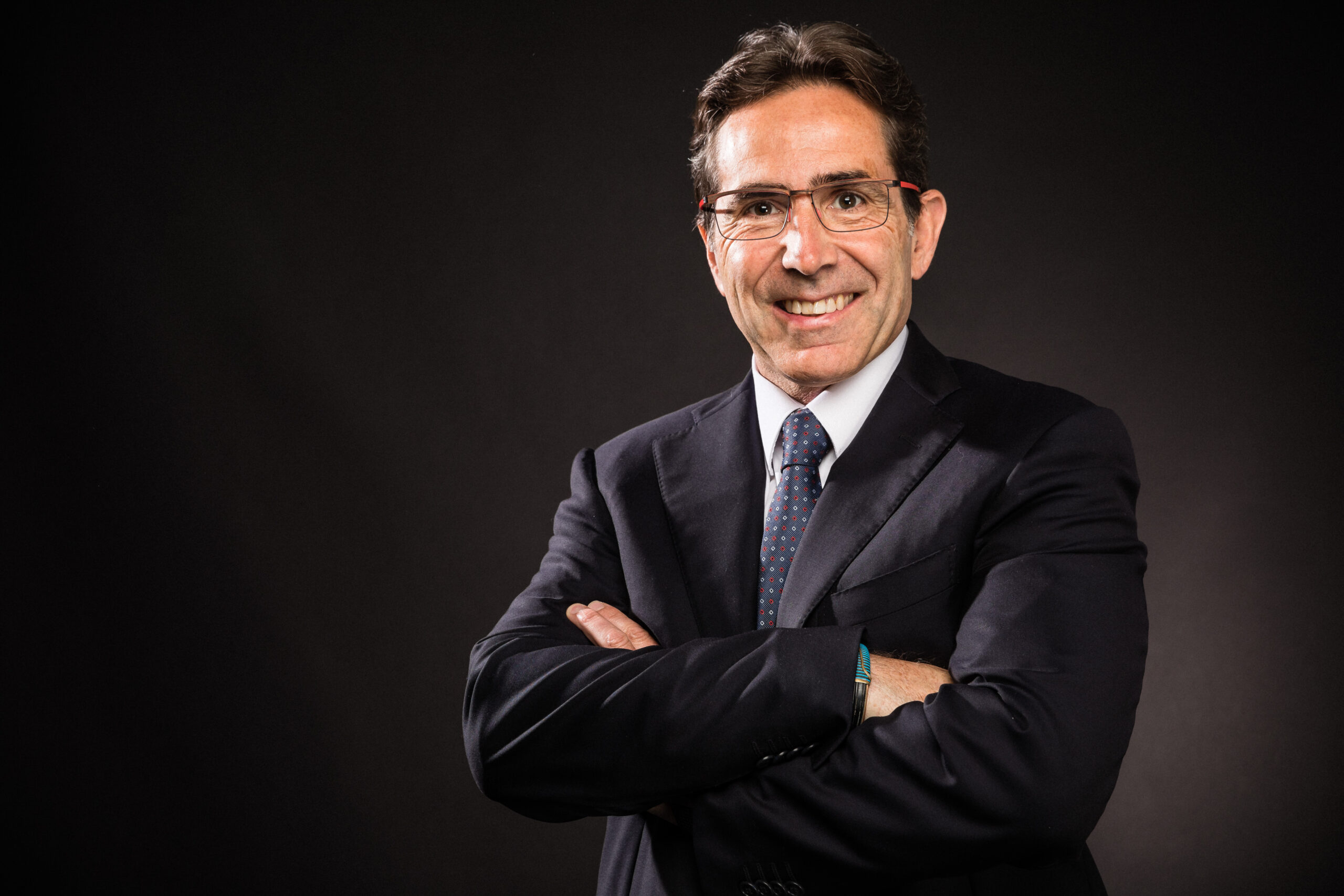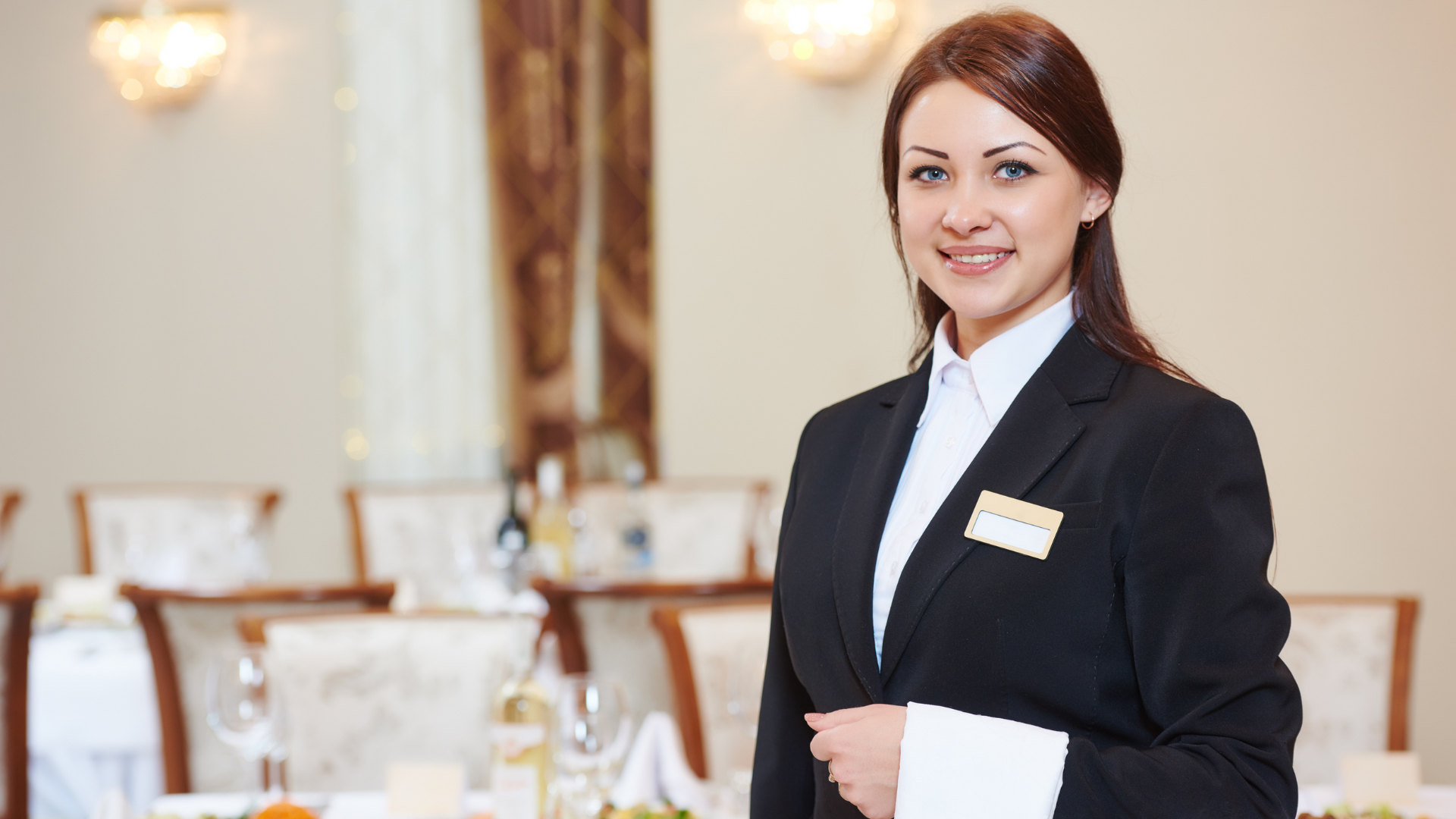Why are hospitality professions becoming care professions?
Long classified as "service" professions, the hospitality, restaurant, and tourism industries are now undergoing a major transformation. At the heart of this transformation is the emergence of a strong societal need for a more humane, attentive, and restorative welcome.
In this context, hospitality professions are evolving towards what we could call care professions, that is to say professions centered on attention to others, relational care, the ability to create a secure and caring environment.
A profound change, which redefines both the expected skills, the way of training, and the very image of these professions.
Post-Covid hospitality: more emotional, more human

The pandemic has been a revelation. By disrupting our routines and weakening our sense of direction, it has intensified existing needs: to be listened to, to be understood, to be supported. Hospitality venues—hotels, restaurants, spas, leisure centers—have become emotional refuges, where we seek not just a service, but a form of comfort, respite, and even a reconnection with ourselves.
Today, customers no longer come to "consume" a service. They come to experience something in which the quality of the human connection plays a fundamental role. Welcome, attention, and empathy are becoming perceived and sought-after values, just like comfort and efficiency.
When hospitality meets care

In the healthcare profession (in the broadest sense), "care" refers to a professional approach focused on active listening, understanding deep needs, and adapting to others. These principles now find a clear echo in hospitality:
- A receptionist reassuring a stressed customer.
- A server that adapts its service to a person in a vulnerable situation.
- An HR manager who ensures the emotional balance of his teams.
All these actions fall under the umbrella of “care” – the ability to take care, with professionalism and sincerity.
And this is precisely what makes hospitality so essential today in our societies in search of meaning and connection.
Emotional skills at the heart of professions

This transformation is accompanied by a shift in expected skills. Beyond technical expertise, recruiters in the sector now value qualities such as:
- Empathy and active listening
- Emotional intelligence
- Relational adaptability
- Stress management
- The ability to create a climate of trust
In other words, soft skills are becoming pillars of professionalism, just like operational skills.
An opportunity to enhance the value of hospitality professions

Long perceived as arduous or unrewarding, the hospitality industry has suffered from a poor image. But this new understanding of the sector's professions, centered on their social utility, their human dimension, and their emotional impact, opens up exciting prospects.
It's a paradigm shift: these professions aren't menial, they're valuable. They require a high level of presence, tact, and generosity. And they respond to a growing societal demand: that of a sincere, personalized, and reassuring welcome.
Training differently: the vision of THTS

At THTS, we believe this development is an opportunity. Our schools don't just train for academic excellence or technical expertise: they prepare their students to become professionals capable of supporting, inspiring, and caring—all while remaining efficient.
This involves:
- Projects involving real-life situations and customer relations
- Modules on compassionate communication, ethical leadership, and respectful managerial posture
- A place given to values, listening, and humanity in each journey
Our ambition: to train a new generation of aware hospital workers, ready to respond to the challenges of the sector... and to the deep needs of society.
Hospitality is no longer limited to welcoming in a functional sense. It has become a social, emotional, and ethical skill, at the intersection of service, care, personal development, and collective responsibility.
What if tomorrow, caring became the very heart of our profession?
Other publications


L’hôtellerie de luxe à Paris : les secrets d’un palace selon Guillaume Ranvier
L’hôtellerie de luxe à Paris : les secrets d’un palace selon Guillaume Ranvier Dans le cadre de THTS – Top

Richard Ginioux, Directeur d’Excelia Hotel & Tourism School et Président de THTS
Richard Ginioux, Directeur d’Excelia Hotel & Tourism School et Président de THTS Aujourd’hui, on met en lumière une figure qui

Alternance, stage ou expatriation : quelle expérience est la plus valorisée par les recruteurs du secteur ?
Alternance, stage ou expatriation : quelle expérience est la plus valorisée par les recruteurs du secteur ? Trois formats, une
